Rotterdam, located in the Netherlands, is a major port city with a rich maritime history and a key player in global trade and logistics. Here’s a description of the maritime and air transportation aspects of Rotterdam:
Maritime Transportation:
- Port of Rotterdam:
- Rotterdam is home to one of the largest and busiest seaports in the world, the Port of Rotterdam. It serves as a gateway to Europe and is a crucial hub for international shipping and trade.
- The port handles a diverse range of goods, including containers, bulk cargo, liquid bulk, and general cargo. It has state-of-the-art facilities and infrastructure to accommodate various types of vessels.
- Container Handling:
- The port has extensive container terminals equipped with modern handling equipment. It plays a pivotal role in containerized shipping, connecting Rotterdam to destinations across the globe.
- The Maasvlakte terminals are particularly notable for their advanced container handling capabilities.
- Logistics and Distribution:
- Rotterdam’s strategic location and efficient logistics network make it a preferred choice for companies involved in distribution and logistics. The port serves as a central point for the transportation of goods throughout Europe.
- Oil and Petrochemical Industry:
- Rotterdam has a significant presence in the oil and petrochemical industry. The port is a major hub for the import, processing, and distribution of petroleum products.
- Inland Waterways:
- In addition to maritime transport, Rotterdam is connected to an extensive network of inland waterways, facilitating the transportation of goods further into Europe.
Air Transportation:
- Rotterdam The Hague Airport:
- Rotterdam is served by Rotterdam The Hague Airport (RTM), which is located about 5.6 kilometers north of the city center.
- The airport handles both domestic and international flights, connecting Rotterdam to various European destinations.
- Cargo Handling:
- While Rotterdam The Hague Airport is primarily a passenger airport, it also plays a role in handling air cargo. Cargo facilities are available for the transportation of goods by air.
- Accessibility:
- The airport’s proximity to the city center and its efficient transportation links make it a convenient choice for both business and leisure travelers.
- Complementary Role:
- While the maritime transport is dominant in Rotterdam, the airport serves as a complementary element, providing faster connections for time-sensitive cargo and passengers.
In summary, Rotterdam’s maritime transportation revolves around its world-class seaport, while its air transportation is facilitated by Rotterdam The Hague Airport, both contributing to the city’s status as a vital hub in global trade and logistics.

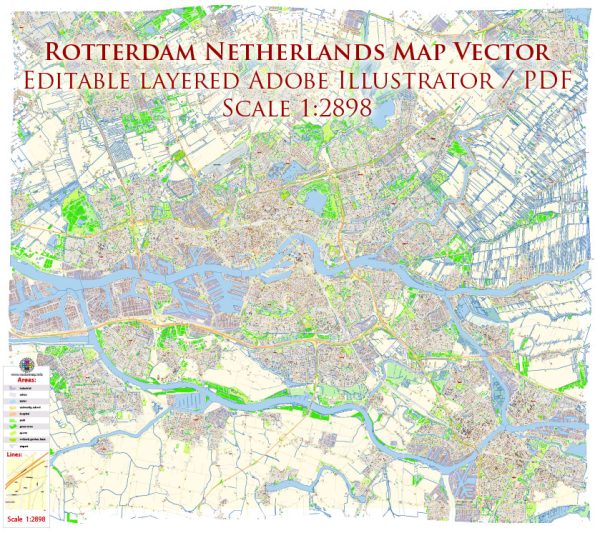
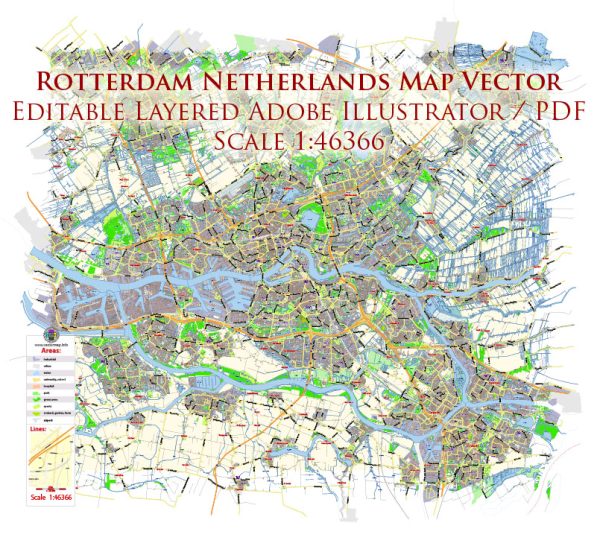
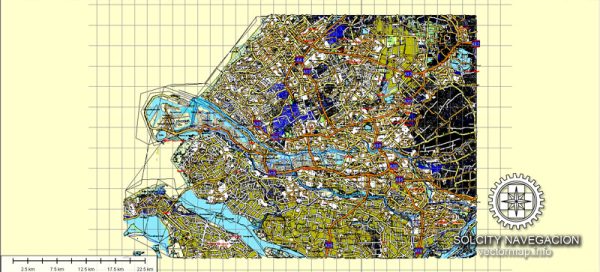
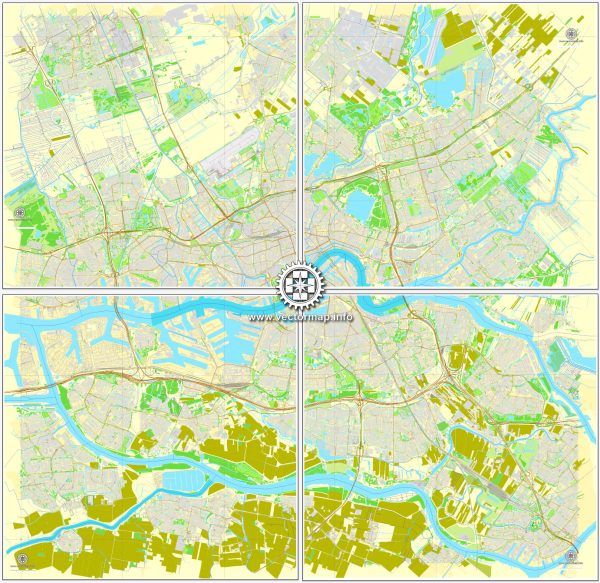
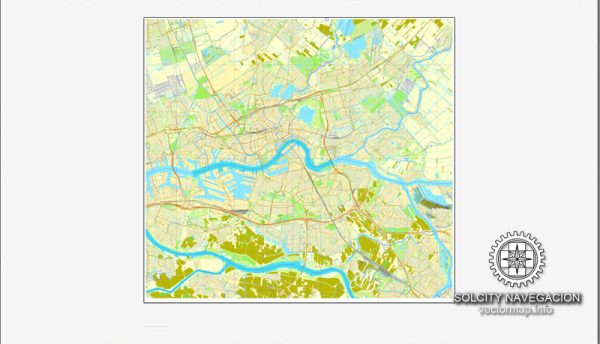
 Author: Kirill Shrayber, Ph.D. FRGS
Author: Kirill Shrayber, Ph.D. FRGS